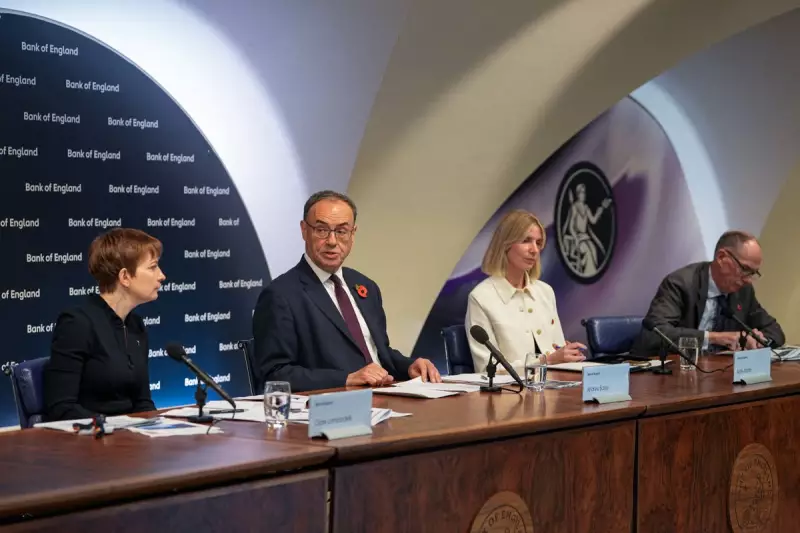
In a dramatic political intervention, Shadow Chancellor Rachel Reeves has fired a warning shot at the Bank of England, demanding clarity on why millions of British homeowners continue to suffer under crushing interest rates despite inflation plummeting to target levels.
The Political Pressure Mounts
Reeves has written directly to Bank Governor Andrew Bailey, pressing for answers about the Monetary Policy Committee's strategy as families across the nation struggle with mortgage payments that have skyrocketed following fourteen consecutive rate hikes.
'When will the relief come?' Reeves demands to know, highlighting the growing disconnect between official inflation figures and the reality facing ordinary households. Her intervention signals a significant escalation in political scrutiny over the Bank's decision-making process.
Behind the Numbers: What's Really Happening
The controversy stems from a glaring contradiction in current economic policy. While inflation has finally returned to the Bank's 2% target after peaking at a staggering 11.1%, interest rates remain frozen at a 16-year high of 5.25%.
This creates what economists are calling a 'financial squeeze paradox' - where official indicators suggest improvement, but families feel no reprieve from the cost of living crisis.
The Human Impact
- Mortgage holders facing hundreds of pounds in additional monthly payments
- First-time buyers effectively locked out of the property market
- Businesses struggling with increased borrowing costs
- Economic growth stagnating under the weight of high rates
What Happens Next?
The Bank of England finds itself in a delicate balancing act. While some MPC members argue for immediate rate cuts to stimulate the economy, others remain cautious, fearing that premature action could reignite inflationary pressures.
Reeves's letter represents more than just political point-scoring - it reflects genuine public frustration and signals that monetary policy will become a key battleground in the coming general election campaign.
The coming weeks will be crucial as the Bank's next decision could determine the economic landscape for millions of Britons and shape the political debate for months to come.





